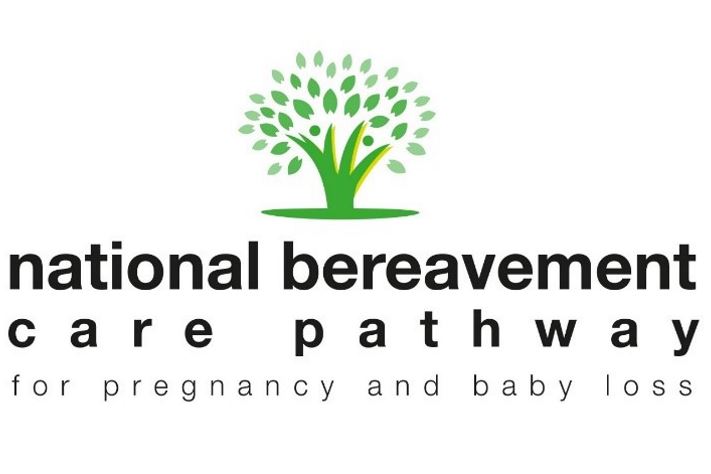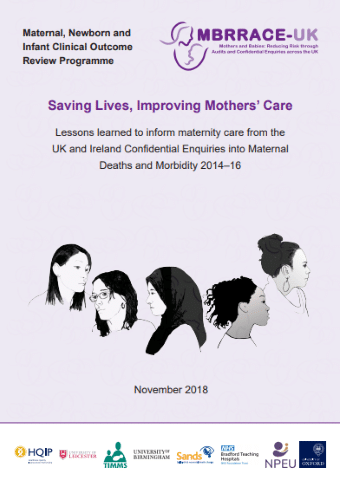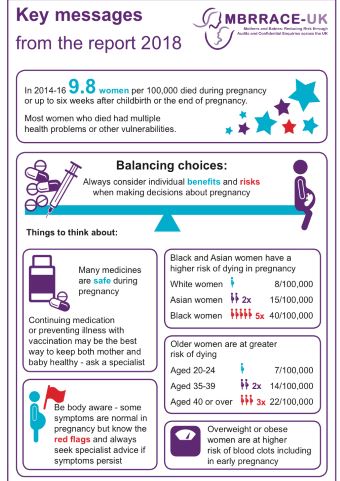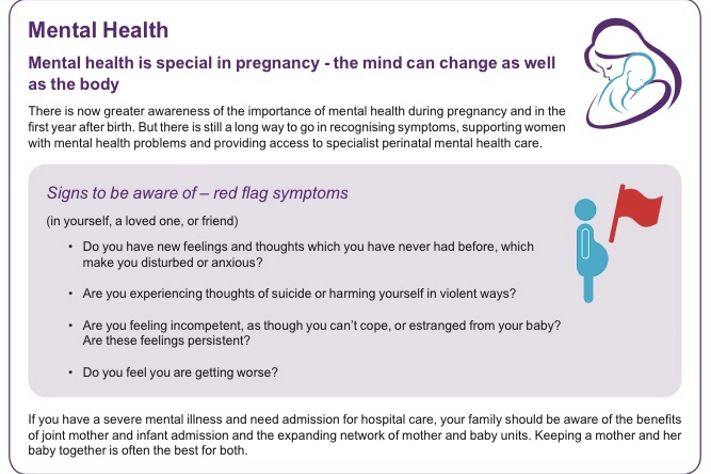Over 1200 English health visitors reported in the 2018 Institute of Health Visiting (iHV) annual survey that for many their caseloads are increasing, that they are experiencing high levels of stress, and they worry about not being able to deliver the services they should to all children with needs, especially the most vulnerable. This follows a significant reduction in local authority public health funding since 2015.
The Institute’s 2018 survey shows that 44% of health visitors reported working with caseloads of more than 400 children, up from 28% in 2015 when commissioning of their service transferred to local authorities. The Institute recommends a maximum of one health visitor to 250 children to deliver a safe service.
Higher caseloads have led to 42% of health visitors reporting the quality of their service as being inadequate or poor with increased stress levels (72%) in the practitioners and concerns about child safety with a shocking 43% reporting that they are so stretched they fear a tragedy at some point (when a child in need isn’t recognised until it’s too late).
Dr Cheryll Adams CBE, Executive Director iHV, said:
“Cuts to public health budgets by the Treasury have led to a loss of around a quarter of the total health visiting workforce over the past three years (NHS Digital), but these losses aren’t consistent across the country with losses being greater in some areas and smaller in others.”
The losses come against a backdrop of increasing need, especially related to poverty. 69% of health visitors told the Institute they had seen an increase in the use of food banks over the past 2 years. Health visitors also report working with many more families facing multiple adversities, including parental substance misuse, domestic abuse and mental illness. In the words of one health visitor:
“….. complexity of families and increase in poverty has increased need, especially around mental health”
The survey responses also indicate that health visitors’ capacity to deliver all of the five mandated universal health and development reviews from the Healthy Child Programme (HCP) in England, the minimum service that every family is entitled to, has been seriously reduced.
Many reviews are delegated to non-registered practitioners without health training, and some are not carried out at all, with reports of around 65% families not having an appointment with a trained health visitor after their child’s 6-8 week contact, and even less, 79%, after the first year of life.
Dr Adams continued:
“This is hugely worrying as many of the issues that health visitors are trained to assess during these contacts with families are hidden and are easily missed by less qualified practitioners. This means that these issues may be much harder and more costly to address by the time that they become conspicuous.
“The Children’s Commissioner for England has recently discussed the need to be concerned about so called ‘missing babies’ (A Crying Shame, Oct 2018) who are very vulnerable but not recognised as children in need and only found if you look for them.
“Another negative impact of the fall in health visitors has been on breastfeeding rates, for example a reported fall from 70% to 46% at 6 weeks in one London Borough after the funding for their breastfeeding team was cut. We know that breastfeeding protects against many illnesses, so this will ultimately result in increased costs to the NHS.”
There are just five mandated universal contacts prescribed for all families in England, in stark contrast to the health visiting services delivered across the other parts of the UK. Nine core universal contacts are being delivered to Welsh families, families in Northern Ireland receive seven with a planned increase to nine, and Scottish families receive eleven. These are all health visitor contacts, not delegated to more junior staff.
Dr Adams commented:
“It is about much more than the number of contacts, it’s the quality of those contacts that matters – having enough time to listen to family concerns and to act on them. It is clear there is now a significant postcode lottery of health visiting services across England with some parents still receiving a good service (for example, Blackpool has invested into eight contacts) on a sliding scale to many parents receiving very poor services depending on where they live. This is an unacceptable situation for English children as it has implications for their wellbeing across the life course.”
The Institute is calling for reinvestment into public health services, a new joint integrated commissioning framework between local authorities and the NHS for universal children’s health services, a refreshed and re-launched Healthy Child Programme and enough health visitors to be able to address the unique needs of every child and family.
President of the Royal College of Paediatrics and Child Health, Professor Russell Viner, said:
“Health visitors play a vital role in public health and prevention. They provide crucial health advice to parents, identify and put interventions in place for children with health, educational and potential safeguarding needs, and help to prevent accidents, injuries and more serious problems later in life.”
Dr Adams concluded:
“Another round of public health budget cuts are due in 2019/20. Unless these are stopped now, we will see a further reduction in health visitors and more negative outcomes for children and families, and in turn, for society as a whole.”













